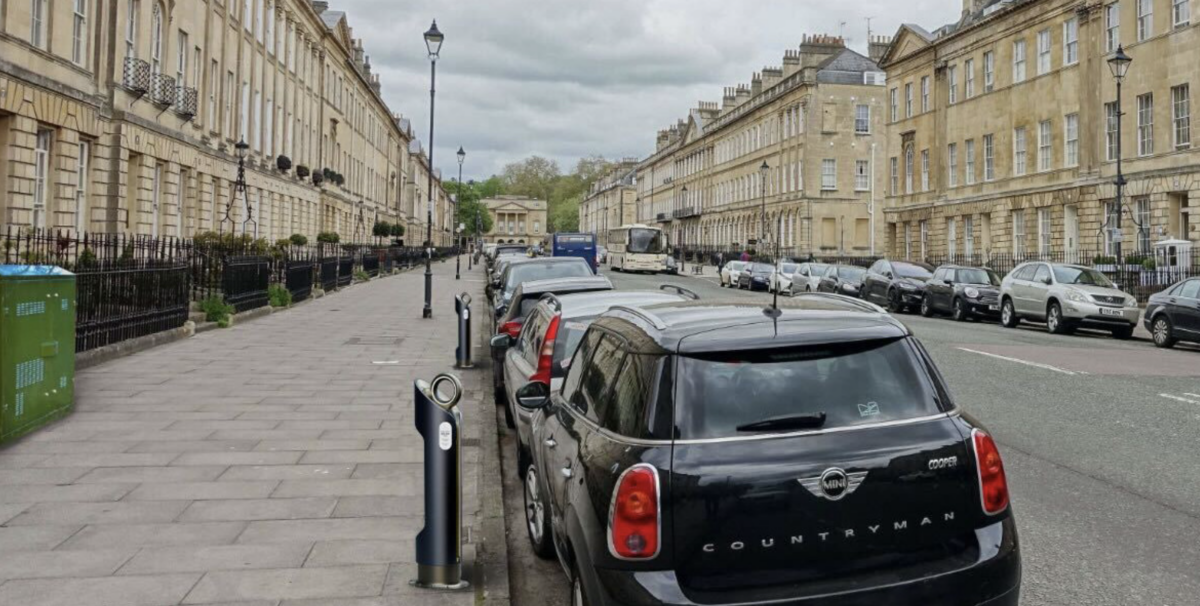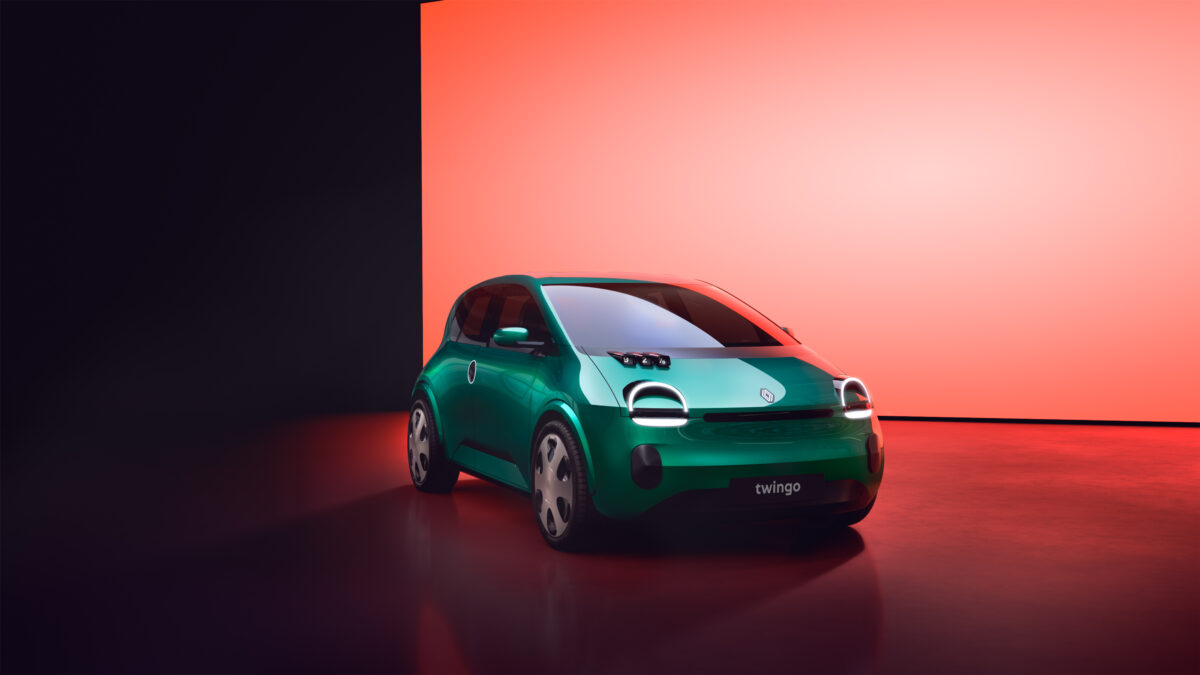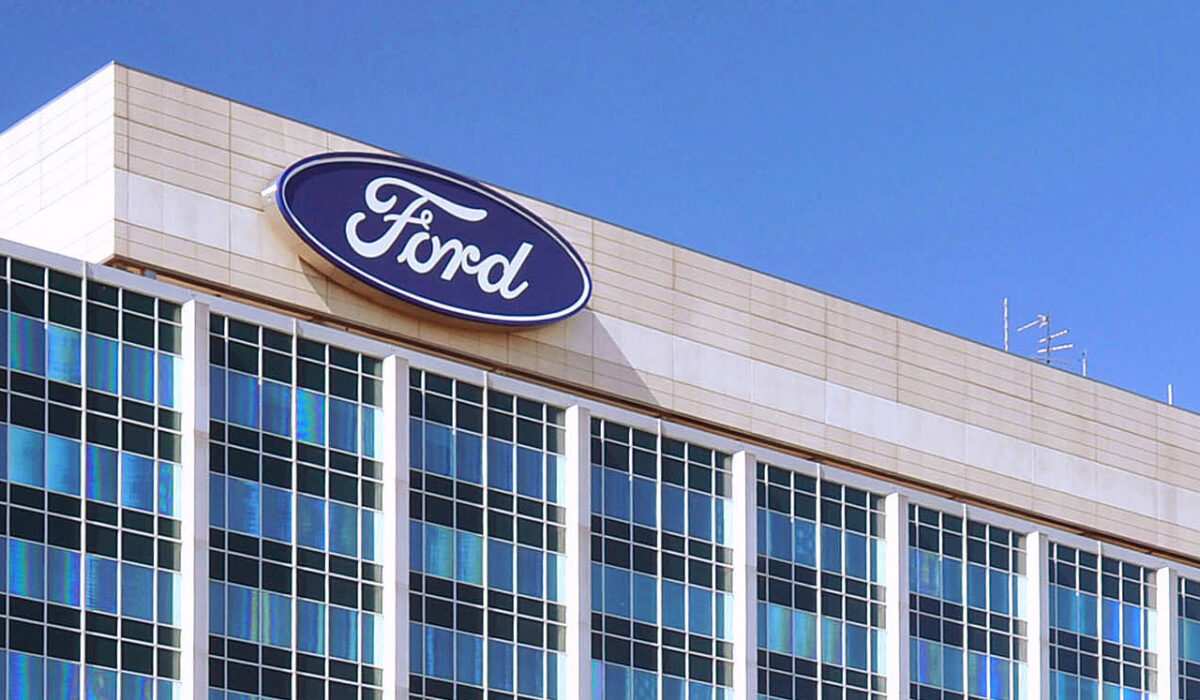Hydrogen fuel cell technology offers one route to transport decarbonisation, at least at the tailpipe level, and numerous automotive players are developing technologies to realise a hydrogen-powered future. To date, commercialisation efforts have been slower to take off than in the battery electric segment, but that could change.
Allied Market Research predicts that the global hydrogen fuel cell vehicle market will jump in value from US$1.5bn in 2022 to US$57.9bn by 2032, reflecting a CAGR of 43%. The list of companies scrambling for a share of that market today includes Audi, BMW, Daimler, General Motors, Hyundai, Isuzu, Toyota and AB Volvo, but one of the earliest on the scene was Honda.
Honda has been researching fuel cell technologies since the 1980s. As a high-potential energy carrier, hydrogen has the potential to clean up a variety of applications, and Honda is exploring its use in everything from passenger cars and SUVs to commercial trucks, construction machinery and stationary power.
It’s time to log in (or subscribe).
Not a member? Subscribe now and let us help you understand the future of mobility.
Scroll
News
Magazine
Articles
Special Reports
Research
OEM Tracker
OEM Model Plans
OEM Production Data
OEM Sales Data
1 user
- News
- yes
- Magazine
- yes
- Articles
- yes
- Special Reports
- yes
- Research
- no
- OEM Tracker
- no
- OEM Model Plans
- no
- OEM Production Data
- no
- OEM Sales Data
- no
1 user
- News
- yes
- Magazine
- yes
- Articles
- yes
- Special Reports
- yes
- Research
- yes
- OEM Tracker
- yes
- OEM Model Plans
- yes
- OEM Production Data
- yes
- OEM Sales Data
- yes
Up to 5 users
- News
- yes
- Magazine
- yes
- Articles
- yes
- Special Reports
- yes
- Research
- yes
- OEM Tracker
- yes
- OEM Model Plans
- yes
- OEM Production Data
- yes
- OEM Sales Data
- yes
- News
- yes
- Magazine
- yes
- Articles
- yes
- Special Reports
- yes
- Research
- yes
- OEM Tracker
- yes
- OEM Model Plans
- yes
- OEM Production Data
- yes
- OEM Sales Data
- yes


